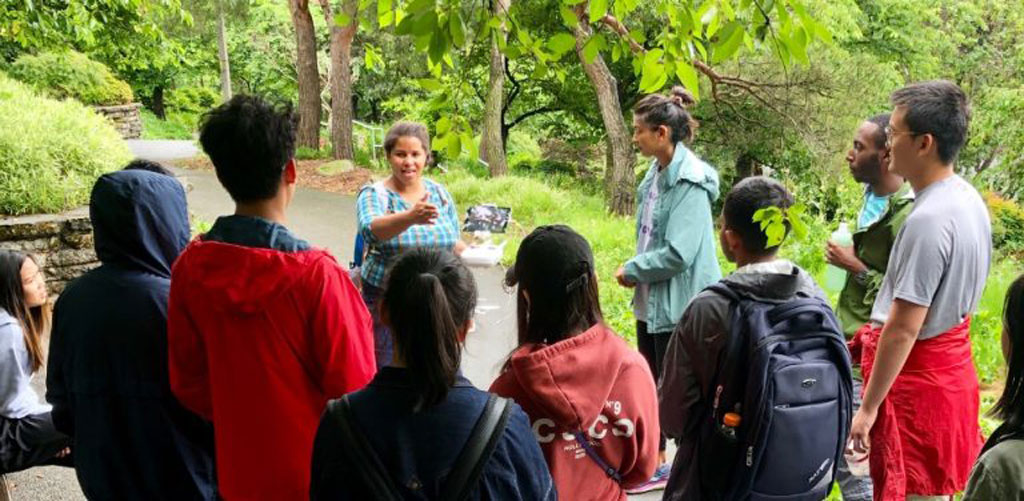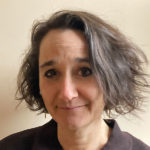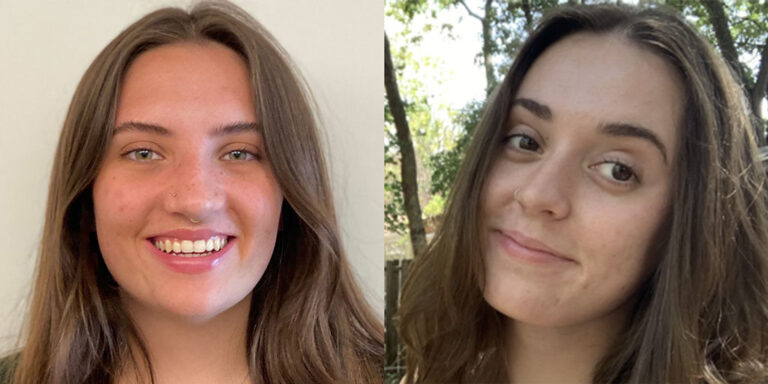At AAG 2024, a Timely Conversation on Reciprocal Scholarship


One of my favorite parts of serving as AAG President is the opportunity to showcase the work of scholars I admire, so I am REALLY looking forward to the Presidential Plenary on April 17. The Plenary will spotlight reciprocal scholarship through the work of Núbia Beray Armond, Aurora Kagawa-Viviani, and Melanie Malone, three early-career scholars whose community-engaged research embraces both physical systems and structural injustice. Reciprocal scholarship is one of the three major themes of this year’s meeting, which feels especially appropriate given that we have spent the year listening, discussing, and acting on ways to create a meaningful and reciprocal presence in Honolulu during the annual meeting.
Reciprocal scholarship differs from conventional modes of scholarship that rely on extractive “helicopter science” to go into the field, obtain data and draw conclusions, and benefit through publishing without taking the time to form relationships or give back to a community. By contrast, reciprocal scholarship emphasizes the importance of building substantive relationships, ensuring mutual benefits from research, and honoring communities’ right to self-determination. How might that manifest? Without anticipating the April 17 conversation too much, I want to call out a few points from my previous article on this topic:
- honoring communities’ right to refuse that they or their biophysical environment be studied (Liboiron 2021);
- developing questions, conducting research and analyzing results cooperatively with communities (Lane et al. 2011, Breitbart 2016); and
- protecting communities’ right to control what happens to data produced about them (Williamson et al. 2023).
There are reciprocal approaches across all geographic fields, from physical geography to GIS to human/environment and human geography. While community-engaged scholarship is more commonly associated with the latter areas, physical geography is especially fertile ground (pun intended!) for the discussion of reciprocity, as the three scholars on the Presidential Plenary can attest, since land is itself a site of both brutal extractions and reciprocal possibilities
Beray Armond, Kagawa-Viviani, and Malone practice reciprocity in their physical geography research, using engaged approaches to make important, localized, and community-based progress on climate change, water quality, and soil health:
Núbia Beray Armond is an assistant professor in the Department of Geography at Indiana University Bloomington. Beray Armond’s urban climatology research analyzes indoor and outdoor temperatures in relation to race, gender, and legacies of colonialism, collaborating with local communities to identify and address climate injustices.
Aurora Kagawa-Viviani is an assistant professor at the Water Resources Research Center and Department of Geography and Environment at the University of Hawaiʻi at Mānoa, and a current volunteer member of the Hawaiʻi Commission on Water Resource Management. Her background in Indigenous STEM program development inspired her to integrate her research, service, and teaching to respond to community needs while improving understanding of the interrelations of water, ecosystems, and human systems.
Melanie Malone is an associate professor in the School of Interdisciplinary Arts & Sciences, UW Bothell. She does critical community-engaged research on soil contamination in BIPOC-led community gardens in the Seattle/Tacoma region, and is the lead principal investigator of an EPA STAR grant, “The Duwamish Valley Research Coordination Network: Building Capacity for Tribal, Community, and Agency Research in Urban Watersheds.”
Beyond the April plenary, the AAG Task Force on Public and Engaged Scholarship will continue to explore how to support reciprocal scholarship in geography. For information on the members of that Task Force and more information on the topic, see my article from 2023.
Join AAG President Dr. Rebecca Lave and her panelists on April 17 at 4:40 PM Hawaiian time at AAG 2024, featuring the insights of three powerhouse interdisciplinary scholars and advocates. The presentation will be livestreamed and recorded for all participants in AAG 2024.
Please note: The ideas expressed in the AAG President’s column are not necessarily the views of the AAG as a whole. This column is traditionally a space in which the president may talk about their views or focus during their tenure as president of AAG, or spotlight their areas of professional work. Please feel free to email the president directly at rlave [at] indiana [at] edu to enable a constructive discussion.

